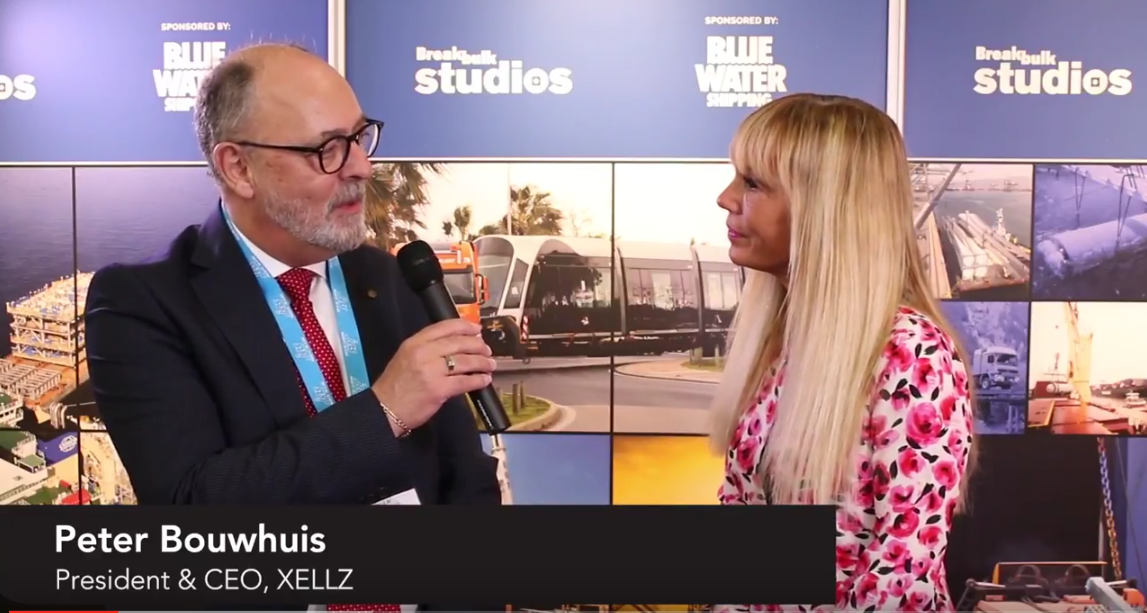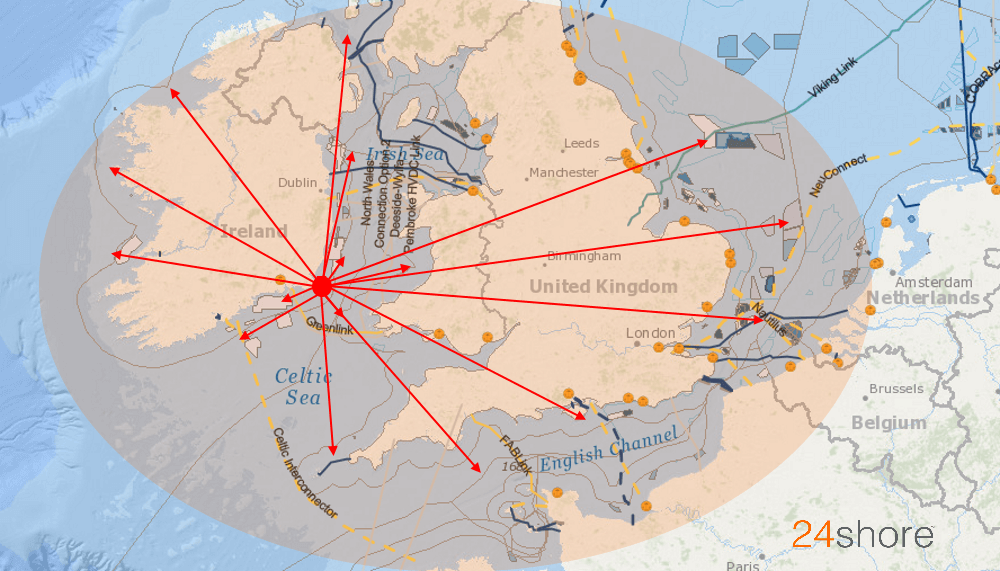The “new normal” for the project logistics sector is tougher than for many other industries. Here’s how EPC (Engineering Procurement and Construction) companies can increase their project bottom line.
Creating value and profitability in capital EPC projects through project logistics management is possible but corporations need to make bolder and more smart strategic choices than ever before. The EPC sector’s variable history of value creation is counterbalanced by compelling lessons from successful players in a range of project logistics industries, both pre- and post-crisis. For all the disturbance facing the sector, several powerful megatrends will create unprecedented opportunities to enter new markets and redefine existing project operating models. The geographic extensiveness of heavy lift transportation and project logistics companies in general will reward fact-based decisions about the markets in which to play, project by project. This is a favorable moment for executives in this sector to challenge whether their strategy will keep up with corporate expectations.
XELLZ looked at the capital-projects market from a logistics performance, examining the drivers of value creation, both before and after the economic crisis, across eight industries that encompass the sectors: Energy & Power, Oil & Gas, Manufacturing, Mining, Aerospace, Infrastructure, and Construction. The key findings were:
- The project logistics market performance of the EPC sector is below most corporate requirements. Over the last years, companies in this sector have generated an average total savings on project logistics 5.4 percent, a result well below the potential savings that can be created internally. This makes the return on investment on project logistics lower than hoped for.
- Even in the worst-performing overall projects, successful project logistics management can provide valuable lessons for those seeking a path to logistics profitability. Overall, companies in the bottom 60 percent destroyed 3.5 times the potential savings opportunities than by the top 40 percent. Everything is not lost, however “winners” in have been able to create value, typically by making bold strategic moves to increase efficiency and to see the value of total Project Logistics Management. Both continuous value-creating through rigorous “transparent and open book policy” cost control and an unmatched logistics productivity, benefiting from highest-in-class project logistics management.
- Improving productivity and lowering the overall cost is the key to overcoming skepticism about the project logistics. Corporate expectations for logistics in the EPC and other industries are higher than for any other sector. Growth expectations and a poor valuation on logistics cannot make you grow your way out of the core of any value-creating strategy.
- New approaches or strategies will make the most of seven megatrends that are shaping the project logistics. The arrival of more and more markets and new regional growth will change the way we operate project logistics. Shared processes, policies and sophisticated technology related solutions will generate new opportunities, but also new challenges. Companies face challenges of understanding how the digital revolution will affect their projects and of mastering their own digital transformation into the project logistics management. Technological advancement will require companies to make conscious choices about their project logistics strategies and how to ensure in-time delivery of equipment and materials to the jobsite. Rapidly changing regulatory and geopolitical environments will also call for smart approaches to managing project logistics in complex stakeholder landscapes. Finally, an increase in the unpredictability of demand and input factors will require greater strategic agility and flexibility than in the past. XELLZ can be the solution for your company.





